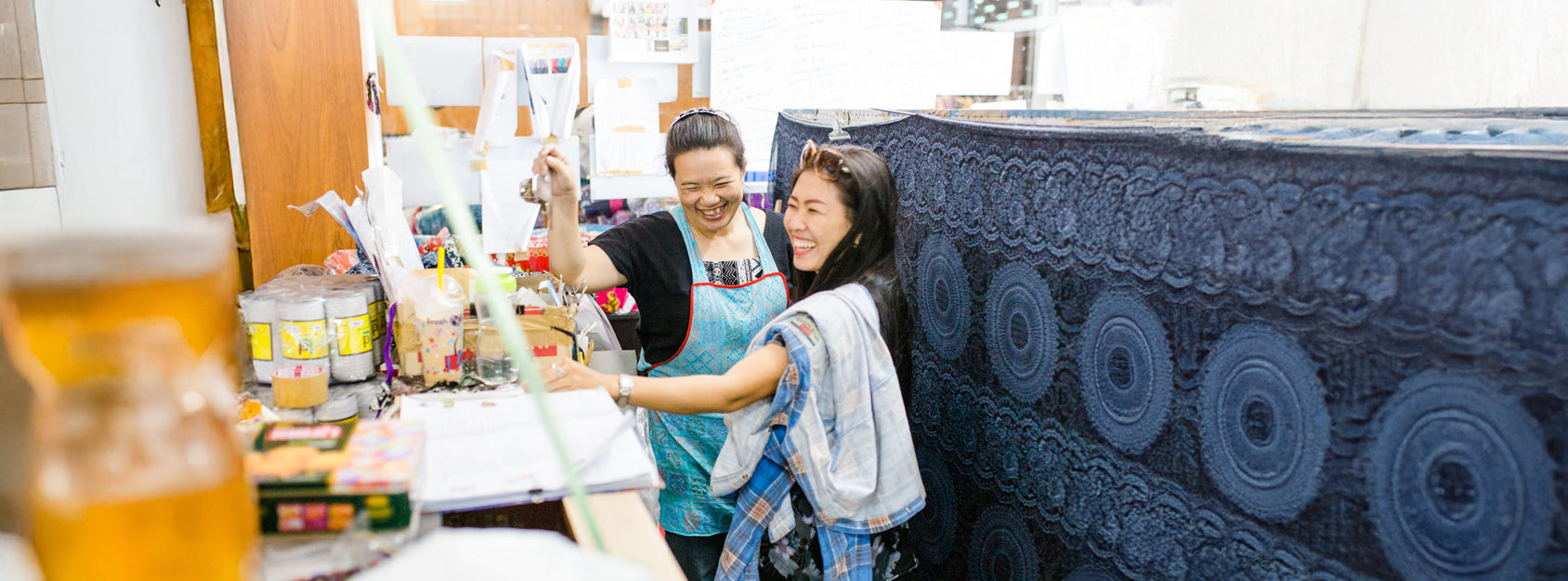
Inhaltsverzeichnis
When Mother's Day hurts: A text for everyone who no longer wants to expose themselves to this day
Every year in May, our digital space fills with floral expressions of gratitude, radiant family photos, and loving words to the "best mom in the world." For many, Mother's Day is an occasion for joy, gratitude—and closeness. But not for everyone. Perhaps you prefer to feel far away from it all today. Then this text is for you.
The pain that the calendar triggers
Psychologically speaking, so-called "trigger days" like Mother's Day can touch deep, unconscious emotional wounds. They unearth memories that you may have carefully locked away – and suddenly they're back. Unbidden. Overwhelming.
Maybe you lost your mother—early, late, suddenly, or after a long illness. Maybe you never had a mother who truly saw you. Maybe your relationship was complicated, distant, ambivalent, or even toxic. Or maybe you've been longing to be a mother for years—in vain. Mother's Day offers no space for all of this in advertising, no menu in the supermarket, no algorithm.
Even though our collective consciousness usually associates Mother's Day with love, warmth, and gratitude, it's important to acknowledge that many people have had very different experiences with the topic of "mothers." And that these experiences can be just as real, just as valid, and just as painful.

Picture: Liza Summer/pexels
The invisible grief
Not all grief arises from a loss in the traditional sense. Particularly painful—and often overlooked—is the grief of a mother who is still alive but emotionally unavailable. This kind of grief is particularly complex because it can feel contradictory: How can you miss someone who is there? How can you grieve even though there hasn't been an official goodbye?
Ambivalent grief: present and yet lost
Psychological studies refer to this as "ambiguous loss." This term was coined by renowned psychologist Pauline Boss and describes losses in which the affected person is physically present but emotionally or psychologically absent. A mother who is alive but unable to form a loving bond, for example, due to mental illness, emotional coldness, addictions, or profound conflicts, can leave a huge void—a vacuum of closeness that is difficult to name and even more difficult to mourn.
This wound becomes especially visible on Mother's Day: When everyone celebrates their bond, but your own is marked by pain, disappointment, or emptiness. This can trigger deep feelings of guilt—because "you love your mother." And yet, it's precisely this inner turmoil that makes Mother's Day so painful for many.
It's important to allow yourself to take this pain seriously. Even without a visible farewell. Even without a funeral or obituary. Even without outside understanding.
Tremendous grief: pain without language
In addition to ambivalent grief, there is another form: so-called "disenfranchised grief"—that is, grief that finds no recognized outlet. It is often quiet, diffuse, and socially unacceptable unless it is expressed in clear rituals or publicly visible loss.
If you lost your mother at an early age, you may feel this pain again every year—not just on this day, but especially acutely today.If you're suffering from a difficult relationship, you may feel torn between a sense of duty and self-protection. If you're involuntarily childless or harbor a deep desire to have children, every Mother's Day post can feel like a little stab in the heart.
These forms of grief are often invisible in our society. They are missing from the images we collectively share. And that's precisely why it's so important to make space for them.
Collective rituals vs. individual realities
Mother's Day is a cultural ritual, a collective custom, originally established as a day to honor mothers—with good intentions. But collective rituals always carry the risk of overshadowing individual realities. Precisely because they are so emotionally charged, they act like a magnifying glass on personal wounds.
If you can't go along with the general narrative, a feeling of exclusion quickly arises. It's like standing on the sidelines of a big party without being invited. And sometimes it hurts just to watch.
You can feel what you feel
It's okay if you're sad today. Or angry. Or empty. It's okay if you turn off your phone, avoid Instagram, snuggle under the covers, or just go for a walk. You don't have to explain yourself. You don't have to celebrate anything today. And today, of all days, you can give yourself compassion.
Psychologists repeatedly emphasize how healing it can be not to suppress feelings, but to acknowledge and name them. Perhaps it helps you to write—it can help organize diffuse feelings. Or to talk to someone you trust. Or to consciously say: "Today is a difficult day for me."
Because what you feel matters. And what you need matters. Perhaps today is a day when you can free yourself from inner expectations—including your own.
Naming feelings – and being able to endure them
It can be confusing when grief, anger, guilt, and even relief coexist. But this emotional ambivalence is completely human—and permissible. Feelings sometimes contradict each other. And yet, they're all allowed to be there. Perhaps it helps not to have to judge them immediately, but simply to allow them to emerge—at your pace, in your way.
What you can do for yourself
Self-care is more important than ever. Here are a few tips to help you get through the day:
-
Allow yourself to retreat: You don't have to function today. You can take a break.
-
Talk to someone: If you feel like it, share your feelings with someone who understands you.
-
Create your own space: Perhaps you'd like to create a small ritual for yourself—just for you. Light a candle. Write a letter that no one reads. Cook something that's good for you.
-
Connect with like-minded people: There are communities, forums, and blogs where people share similar experiences. Sometimes just reading helps.
-
Movement &Nature: A walk, a few minutes of fresh air, walking barefoot on a meadow – all of these can be grounding and calming. Studies show that gentle exercise and contact with nature can demonstrably reduce stress levels.

Picture: Natalia Kolotvina/pexels
You're not alone
Even if it may feel like it, you're not the only one for whom Mother's Day is difficult. There are many silent stories out there—of star mothers, of daughters who never felt seen, of people who long for a different childhood, or for a child who never came.
Maybe today is the day you take extra care of yourself. A warm bath, a cup of tea, a few deep breaths. And if you like, you can also tell yourself: I am enough. I am right, even with my pain.
If you want, you can also consciously decide to do something good for others on this day—not as a distraction, but as a way to connect. Perhaps you could write to a friend who you know is also struggling with the day. Perhaps you could give yourself a new little ritual that can be repeated year after year—but only if you want to.
What matters: You are allowed to exist today, just as you are. In your grief, in your strength, in your vulnerability.
And maybe, just maybe, this text will help you feel a little less alone.
You are seen. You are held. And you are not alone with what you feel. Even today.
And tomorrow?
Maybe tomorrow will be a day that feels easier again. Maybe not. Either is okay. The important thing is: There's an afterlife. A life beyond feelings of obligation and rigid role models. A path that's yours—full of small steps toward self-acceptance. And that path always begins where you are today.
And when this day passes—as every day passes—something important remains: Your story matters. Your feelings deserve space. And you are allowed to heal—at your own pace.



























Leave a comment
This site is protected by hCaptcha and the hCaptcha Privacy Policy and Terms of Service apply.